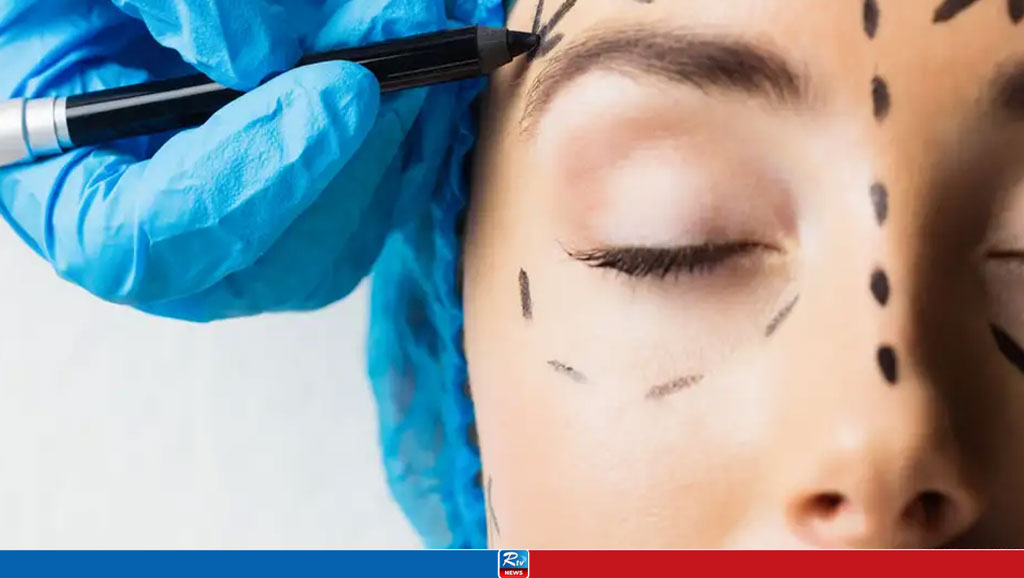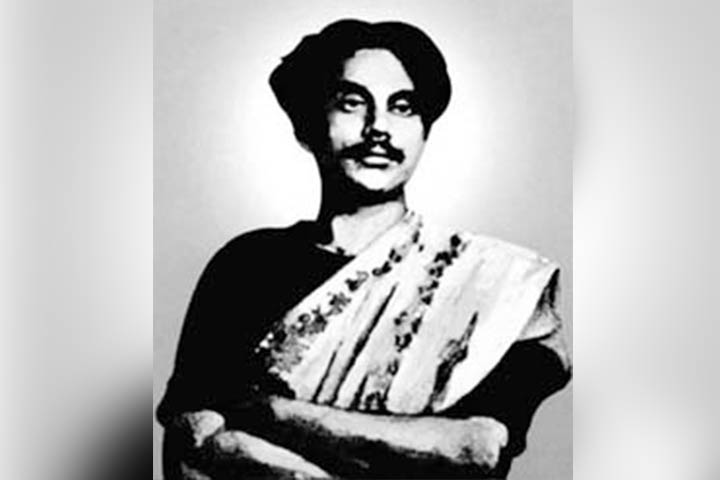Turkey's cheap cosmetic surgery draws medical tourists
Ever more people are visiting Turkey from abroad for nose jobs, hair transplants and similar procedures. Prices are low, but could there be risks?
Ever more people are visiting Turkey from abroad for nose jobs, hair transplants and similar procedures. Prices are low, but could there be risks?
"I wanted a nose job since turning 13. I heard Turkish doctors were good at them. A few girlfriends of mine had similar surgeries; they were very satisfied."
Benita Paloja, a 28-year-old woman from the US, decided to do as her friends had done and flew to Turkey to get cosmetic surgery on her nose. She says she paid just $5,000 (€4,600) and was able to fly home a week later.
Paloja, who works in the finance industry and as a part-time model, is pleased she had the surgery. She says she feels more confident today and has been hired for more modelling gigs.
She also enthusiastically recalls the comprehensive care she received at the clinic. She says she is still in touch with the medical team. "I could have had the same surgery in the US for $30,000 (€27,800), though I certainly wouldn't have received the kind of attention and care I did in Turkey," says Paloja.
Turkey has seen a medical tourism boom since the COVID-19 pandemic. In 2021, over 670,000 foreigners visited Turkey to receive medical treatment, according to the country's state-owned International Health Services (USHAS) agency. One year later, that number rose to over 1.25 million, an increase of 88%. In the first six months of 2023, the figures remained similarly high.
Turkish health care facilities are generating considerable revenue from this international business, totaling more than $2 billion (€1.85 billion) in 2022. Revenue fell slightly in the first half of 2023, though experts believe this was primarily due to Turkey's devastating February earthquake, which claimed the lives of more than 50,000 people.
Germans top the list
In 2022, most foreigners seeking medical treatment in Turkey hailed from Germany, followed by Britain and Switzerland, according to the International Society of Aesthetic Plastic Surgery (ISAPS). Botox and hyaluronic acid treatments for combating wrinkles were the most popular nonsurgical procedures among foreigners in Turkey. The top three surgical procedures were liposuction, rhinoplasty and breast augmentation.
Turkey has also become ever more attractive for leg lengthening procedures. It is especially popular with men from the West who want to be taller.
One of those who underwent the procedure is 31-year-old Ash (not his actual name) from the US, who until recently was dissatisfied with his body proportions. After undergoing surgery, he has gained 12 centimeters (4.7 inches) in height and is now 184 centimeters (just over 6 feet) tall.
Ash says he feels much better now, though he admits that "it was a very painful procedure and the recovery phase took an incredibly long time." Even so, he says it was worth it. Ash says his chances when flirting have improved, and he now enjoys more respect from others.
Suffering for beauty's sake
Yunus Oc, an experienced Istanbul-based orthopedic surgeon, says he has performed more than 200 leg lengthening procedures in the past two years alone.
"I used to mainly perform this procedure for medical reasons following accidents or because of growth disorders or short stature," he says. In recent years, however, more and more people have sought him out for cosmetic rather than medical reasons, Oc says.
He thinks the number of these surgeries will continue to rise over the next three to five years. But he warns that, unlike with nose or breast surgeries, leg lengthening procedures can have very serious consequences if the desired results are not achieved.
There has been a growing number of reports about complications resulting from cosmetic surgery performed in Turkey. A year ago, Germany's public health agency, the Robert Koch Institute, reported that some 27 people had suffered poisoning following a botox stomach treatment. The procedure involves injecting botox into the stomach lining to create a prolonged feeling of satiety. The treatment caused serious side effects in some patients, including muscle weakness, blurred vision, breathing difficulties and sometimes paralysis.
In mid-January, a Brazilian butt lift had deadly consequences for a British woman. The mother of three went to Istanbul for the cosmetic surgery and suffered a fatal heart attack four days later that was triggered by a fat embolism, according to British media. The procedure involves removing fat from the patient's body and using it plump up and enlarge the buttocks.
Experts urge caution
Do such incidents indicate that Turkish doctors or clinics are not professional enough?
Dr. Susanne Punsmann, an expert with the North Rhine-Westphalia Consumer Advice Centre in Germany, advises against generalizations, saying "there are good and bad [health care] facilities in Turkey, just like everywhere else."
Punsmann points out that the title of "cosmetic surgeon" is not protected by law, which is why she recommends that anyone interested in getting treatment in Turkey thoroughly check the doctors' qualifications or find out how often they have already performed the planned procedure.
Punsmann also says that doctors with the relevant qualifications are known as "specialists in plastic and aesthetic surgery." She adds, however, that "other doctors — usually surgeons, dermatologists or gynecologists — are also allowed to perform cosmetic surgery."
She says it is also important to check whether the doctor or clinic is certified according to European standards, such as the ISO standards, indicating that the clinic is regularly inspected, among other things. Patients should also find out about the materials or laboratory used, according to Punsmann.
Ali Ihsan Okten of the Turkish Medical Association (TTB) says one should be careful about noncertified clinics. He warns that the health tourism boom is causing an increasing commercialization in the industry.
The market is highly competitive. Clincs are using aggressive advertising tactics, sending out text and WhatsApp messages and promoting their low prices to attract customers around the world.
"The key criterion for getting treatment in Turkey is often the low cost," says Punsmann. "Savings of up to 70% are possible."
She says that while a breast augmentation procedure will cost at least €4,500 ($4,800) in Germany, such a procedure can be had for as little as €2,500 ($2,700) in Turkey. In Düsseldorf, Germany, getting a surgical procedure to reduce the size of one's stomach costs around €12,500 ($13,400), whereas in Turkey it costs only a third of that price.
This means you can save a lot of money in Turkey, especially on expensive procedures. But these savings may increase the willingness of some people to take greater risks.
19 Feb 2024,17:14


















 Live Tv
Live Tv









